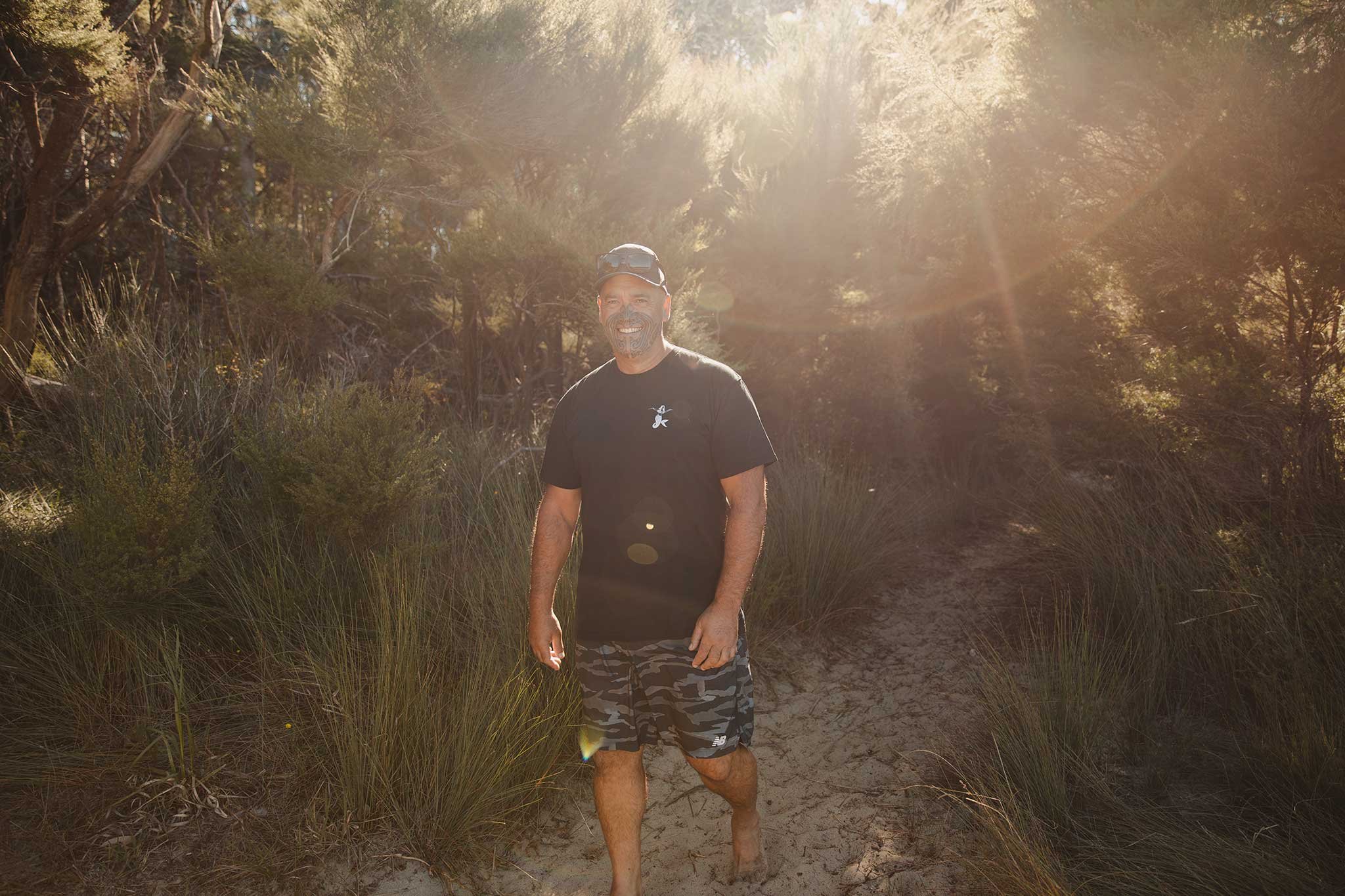
About Dr Ihirangi Heke
Dr Heke has been building population health and wellness activities based on traditional environmental knowledge for over two decades. Dr Heke’s most recent research culminated in the development of the Atua-Matua Framework. Atua Matua is simply repurposing ancient Māori environmental knowledge into contemporary environmental sustainability, health / well-being and ESG business practices. Atua Matua not only replicates Systems Dynamics but is also identical to Environment, Social, and Governance (ESG) processes. More specifically, Environment is Atua, Social is Matua and Governance is Tohutaka where decision making is based on environmental indicators.

Dr Heke’s upbringing was in the South Island of New Zealand, where he experienced the rare opportunity to live and work in the alpine environs of Queenstown in winter and the Milford Sound national park area in summer. Building on significant experience gained in the outdoors, Dr Heke then obtained academic qualifications including a PhD in population health and more recently, a post graduate diploma in Environmental Management. Currently, Dr Heke has been writing research for institutes as varied as Johns Hopkins Medical University in Baltimore through to physical activity systems for Otago University in New Zealand. Presently, Dr Heke’s most significant role is consulting directly to Google. The data collection giant has contracted Dr Heke to address unconscious bias by ensuring indigenous knowledge is included in the development of artificial intelligence for the future.

Dr Heke has been part of some exciting initiatives including the development of assurance processes in the health insurance market (Southern Cross) that show a change to preventative practices rather than curative ones. Alongside this new step toward assurance, Dr Heke is involved in developing an alternative approach to Risk Assessment and Methodology (RAMs) using Māori environmental knowledge that tracks environmental signs. The fundamental difference and exciting prospect of this approach is the ability to move to an indigenous knowledge basis rather than a deficit risk model, thereby increasing risk mitigation.

The adventures and life experiences of Dr Heke have all helped build a range of specialised skills, knowledge and experiences that are highly sought after. Some of these roles include; indigenous environmental sustainability, indigenous ESG modelling, bespoke education programmes and systems dynamics based well-being programmes. Through increased demand, Dr Heke is now providing businesses with a Cultural Competency programme to address an increasing number of requests.Not surprisingly, the reintroduction of indigenous knowledge is gaining momentum globally. Aotearoa, New Zealand is leading this change with Atua Matua at the forefront.

